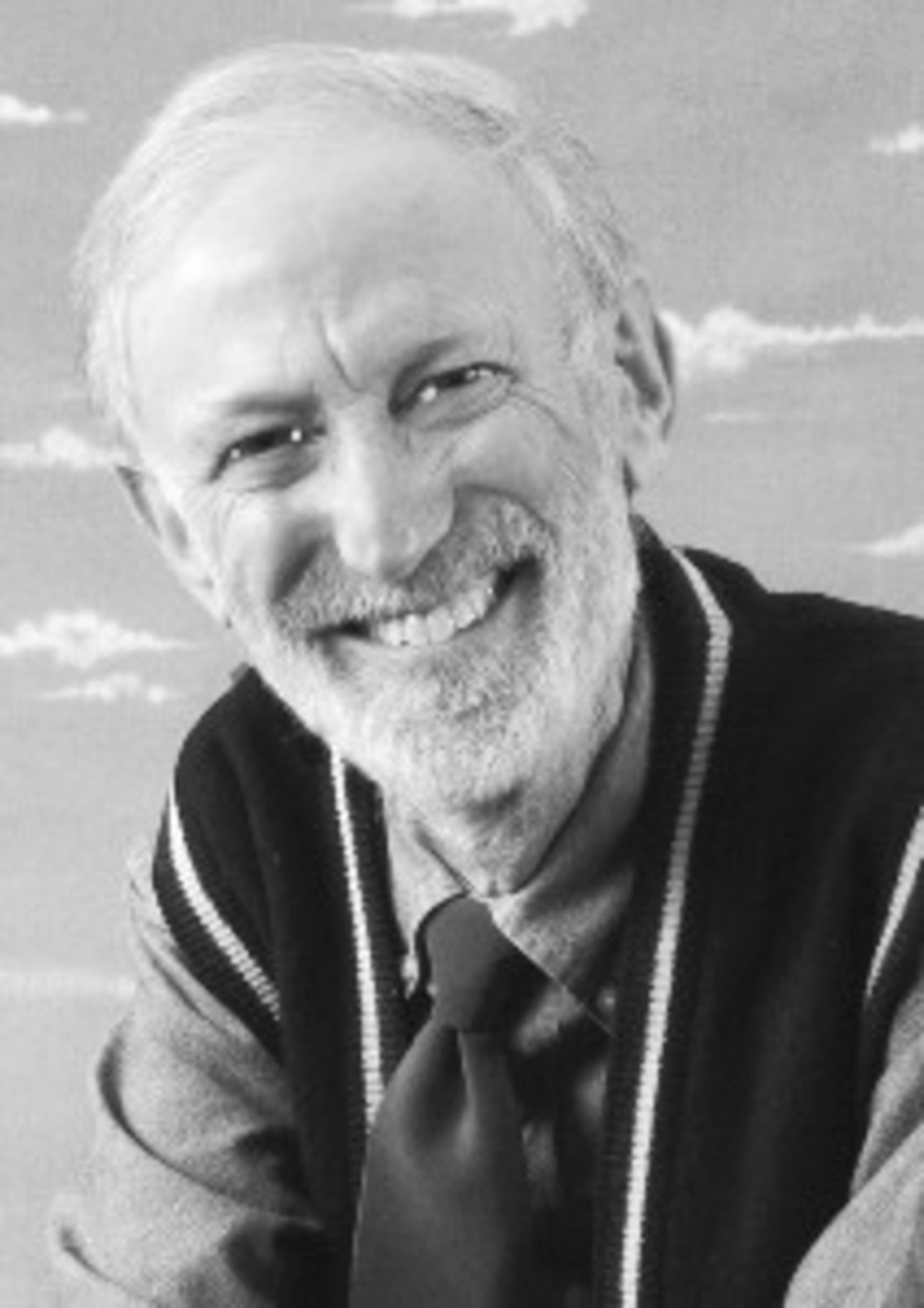Classic movies portrayed the Arab world in a benign light
As a teacher of film history, I show “classic” movies of yore and compare them to recent fare, adding commentary about their contexts. Here is such a comparison between then and now on-screen.
Sabu, the Indian stable boy who was the “Elephant Boy” as well as the “Thief of Baghdad,” continued to appear in exotic movie roles taken from the tales of “The Arabian Nights.” It was Alexander Korda who cast him as Abu, the free spirit in the 1940 version of the tale of an honorable robber who saves a blind prince from an evil wizard-vizier. Sabu is magically transformed into a dog, and later both man (the prince) and beast (the dog) are restored, but the boy prefers his freedom and his naughty life of playful crime to the respectability of the realm he has redeemed.
Why am I summing up this colorful, even magnificent, movie of yore?
Well, I have been musing on the images of Islam of long ago, and how they fit into the current concept of Muslem culture. Korda, known as the savior of British cinema and knighted to become “Sir Alexander,” found a fellow refugee from Nazi Europe, Conrad Veidt, and dressed him up in a turban and flowing robes to play the oppressor and plotter (the wizard-vizier) in the film. So we have a Jewish producer/director who is Hungarian, English and American – a wandering Jew. The Baghdad bad-guy villain (Veidt) is also a survivor and an artist.
Far from making the Arab world look tyrannical, this Jewish film portrays the beggars as poignant and poetic, the lovers as lost idealists, the reigning rulers as a generation of the desperate, the usurper a hypnotic monster. In short, this cinematic children’s story, illustrated and dramatized, projects a Jewish vision upon a work of literature.
There were quite a number of hopeful narratives about the plight of the caliphate corners of the world. There was, for example, “The Rubaiyat of Omar Khayam”: “The moving finger writes and having writ moves on. Nor all your piety nor wit will lure it back to cancel half a line, nor all your tears wash out a word of it.” Something like that, words to suggest the bleakly beautiful desert sands.
Marlene Dietrich wore a veil, a kind of burka, in several exotic motion pictures, from “Morocco” to “Kismet.”
The Jewish gesture was not to insult, diminish, or mock other faiths and cultures, but rather to share the Jewish plight with all humanity, with all the powers of their talents. That is how and why I watch with endless and eager interest the movies, and read and reread the poetry that presents the Mideast past generously and genially. There is almost no difference between “children’s” fare and the grown-up arts: Just bring to bear the same search and quest upon the stories you read to yourself or your grandchildren.
I write this rhapsody to the old-fashioned fables because from the actual, real region of the area of Baghdad and all its neighboring nations, we meet nothing but words of hatred aimed at the Jews and their land and lore. The Jews are basically a gentle people who love to laugh and to remember and to hope. Sadly, tragically, it is impossible to have a conversation with people who haul stones and abuse instead of celebrating freedom, friendship and folklore.
MIKE FINK (mfink33@aol.com) teaches at the Rhode Island School of Design.








